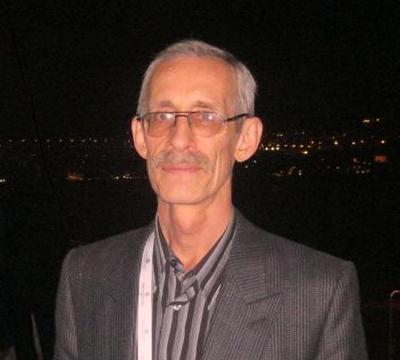As dystopian novels go, Aldus Huxley's Brave New World (1932, Modern Library's #5) wins hands down as relevant today, taking Wells's insight that it's unbridled technology under capitalism that drives dystopia, and capitalism would use sex as a means of social control. Rebels Lenina Crown and Bernard Marx, a psychologist, travel from the World State to see native Americans living at Savage Reservation, the last remnants of people unprogrammed in the World State, where people are kept under control by the drug soma.
Losing his way
Orwell, the literary traveler/adventurer, liked to compare himself to DH Lawrence, who also died young of consumption after a repressive upbringing and an unhappy struggle as a writer, but he is in fact closer to TE Lawrence. Lawrence of Arabia and Orwell were both ambivalent towards imperialism, suffered from sado-masochistic neurosis due to their troubled upbringing, and were harnessed to the needs of empire.
DH Lawrence, at least, struggled to overcome his British stiff upper lip, anticipating hippiedom's 'free love' of late capitalism. This is far from Orwell's experience; he scorned the "bearded fruit-juice drinking sandal-wearers of the roll-in-the-dew-before-breakfast school." The Arabian Lawrence, like Orwell, unwittingly supported empire and succumbed to self-destructive feelings of guilt and personal inadequacy, famously dying in a motorcycle accident in 1935, consumed by remorse for how his legacy was perverted by empire. Lawrence and Orwell were both 47 when they died.
Like Orwell, Koestler was an adventurer, promiscuous and a cold fish, who also turned against his erstwhile communist comrades and turned out a stream of pessimist screeds that the empire picked up and promoted in its post-WWII Great Game against communism and third-world liberation. Koestler's Darkness at Noon (1940, #6 on the Modern Library list) and "The Yogi and the Commissar" (1945), like Orwell's 1984, effectively supported our own Big Brother, who really didn't need their talents to prevail anyway. Koestler's suicide pact with his wife in 1983 recapitulates the despairing end of both TE Lawrence and Orwell.
They all lost their way on the imperial map, unable to chart a new course, or better, to draw a new map free of the imperial boundaries. Orwell almost got it right in Burma, but stumbled on his own neurosis, his lack of a clear (Marxist) analytical framework. He rejected any "smelly little orthodoxy" and ended up with a half-baked analysis of a complex political reality.
1984 'bad', Animal Farm 'good'
Orwell got things horribly wrong in 1984. Stalinism withered and the Soviet Union embraced humanism by the mid-1950s. It was not some totalitarian monster at work, but capitalism, which took over the world, and became ever more poisonous, despite nice, but harmless, critics in the "Outer Party" like Winston/Orwell (today, Zizek, Chomsky, et al). Capitalism is the real totalitarian genius, fusing political and economic mechanisms in a system where infinite power can be amassed via money, which penetrates all aspects of life including Orwell's precious "undifferentiated desire".
This is in contrast to (albeit, failed) communist ideology, which rejected money as the social foundation, and thus had only a limited control over people, never reaching the level of soul and the unconscious, as does the West's market-driven consumerism. There was no effective Soviet vaccine against the dis-ease of capitalism.
Unlike 1984, Orwell's Animal Farm has survived as a compelling critique of socialism/ communism. There, the 'proles' (animals) have a revolution against the capitalists (humans), and are briefly liberated. Yes, the pigs begin to ape the humans and are seen as no better. This eventually happened, the British Labour Party's welfare socialism, and later, the communist elites in the Soviet Union and eastern Europe. But the 'pigs' (Labourites, communists) were overthrown, and the 'humans' (Thatcher, Russian oligarchs) took back the farm. A cautionary tale about 'power corrupting'.
Israel Shamir takes Animal Farm to its post-communist logical conclusion. "Animal Farm revisited" documents how Stinky, the head pig, sells out the inefficient animal-run farm to a slick farmer bearing Marlboro cigarettes and nylons, and the "excess" animals are promptly carted off to the slaughter house. The few remaining escape to the woods and remember even their porcine tyranny fondly.
Shy and clumsy with people, Orwell was easily manipulated, didn't really believe in 'the people', and never thought much about souls until the atheist panicked on his deathbed, calling for a Church of England funeral. His communist foes at least stuck to their belief in 'the people' as a force that would prevail. Oceania (the US) faces genuine countervailing powers (Russia, China, Iran, et al). The resurgence of Islam, and of socialism in the heart of the beast, are signs of a post-1984 alternative reality based on morality and social justice taking shape.
***
(Note: You can view every article as one long page if you sign up as an Advocate Member, or higher).





